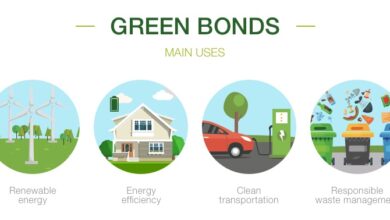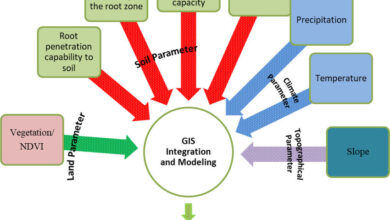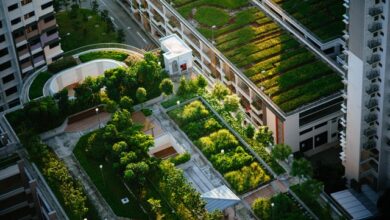The Role of Sustainable Agriculture in Environmental Protection

Sustainable agriculture has been gaining popularity in recent years as a means of protecting the environment while still meeting the growing demands for food. It involves implementing practices that promote soil health, conserve water, and reduce the use of synthetic inputs. Sustainable agriculture also aims to improve the livelihoods of farmers and promote social and economic development in rural areas. In this article, we will explore the role of sustainable agriculture in environmental protection.
Introduction to Sustainable Agriculture
Definition of Sustainable Agriculture
Sustainable agriculture is a method of food production that aims to meet the needs of the present without compromising the ability of future generations to meet their own needs. It involves implementing practices that promote soil health, conserve water, and reduce the use of synthetic inputs.
Principles of Sustainable Agriculture
The principles of sustainable agriculture include the use of renewable resources, the protection of biodiversity, the promotion of soil health, and the reduction of waste and pollution.
Importance of Sustainable Agriculture
Sustainable agriculture is important for several reasons. First, it promotes the long-term sustainability of food production systems by preserving natural resources and reducing environmental degradation. Second, it promotes the health and well-being of farmers by reducing their exposure to harmful chemicals and promoting a healthy and diverse diet.
Environmental Benefits of Sustainable Agriculture
Conservation of Soil Health
Sustainable agriculture practices such as crop rotation, cover cropping, and reduced tillage help to preserve soil health. Healthy soil is essential for food production as it provides the necessary nutrients and water for crops to grow.
Reduction of Greenhouse Gas Emissions
Sustainable agriculture practices help to reduce greenhouse gas emissions by minimizing the use of synthetic inputs and promoting carbon sequestration in soil. This is important as greenhouse gases are responsible for global warming and climate change.
Conservation of Biodiversity
Sustainable agriculture practices help to promote biodiversity by providing habitat for wildlife and preserving the natural landscape. This is important as biodiversity is essential for maintaining healthy ecosystems.
Protection of Water Quality
Sustainable agriculture practices help to protect water quality by minimizing the use of synthetic inputs and promoting soil health. This is important as water is essential for life and human health.
Social and Economic Benefits of Sustainable Agriculture
Improvement of Livelihoods for Farmers
Sustainable agriculture practices can improve the livelihoods of farmers by promoting crop diversity, reducing the need for expensive synthetic inputs, and increasing yields.
Promotion of Economic Development in Rural Areas
Sustainable agriculture can promote economic development in rural areas by creating employment opportunities and supporting local businesses.
Preservation of Cultural Heritage
Sustainable agriculture can help to preserve cultural heritage by maintaining traditional farming practices and protecting local ecosystems.



